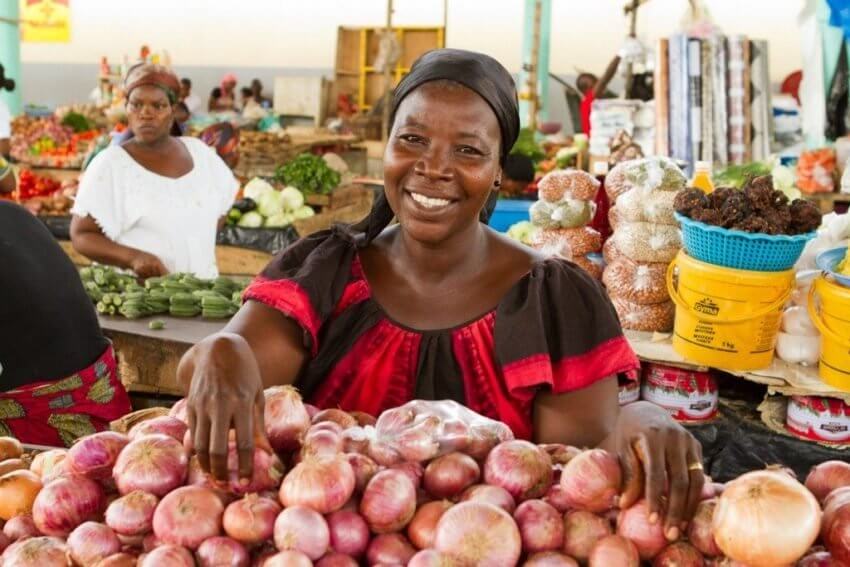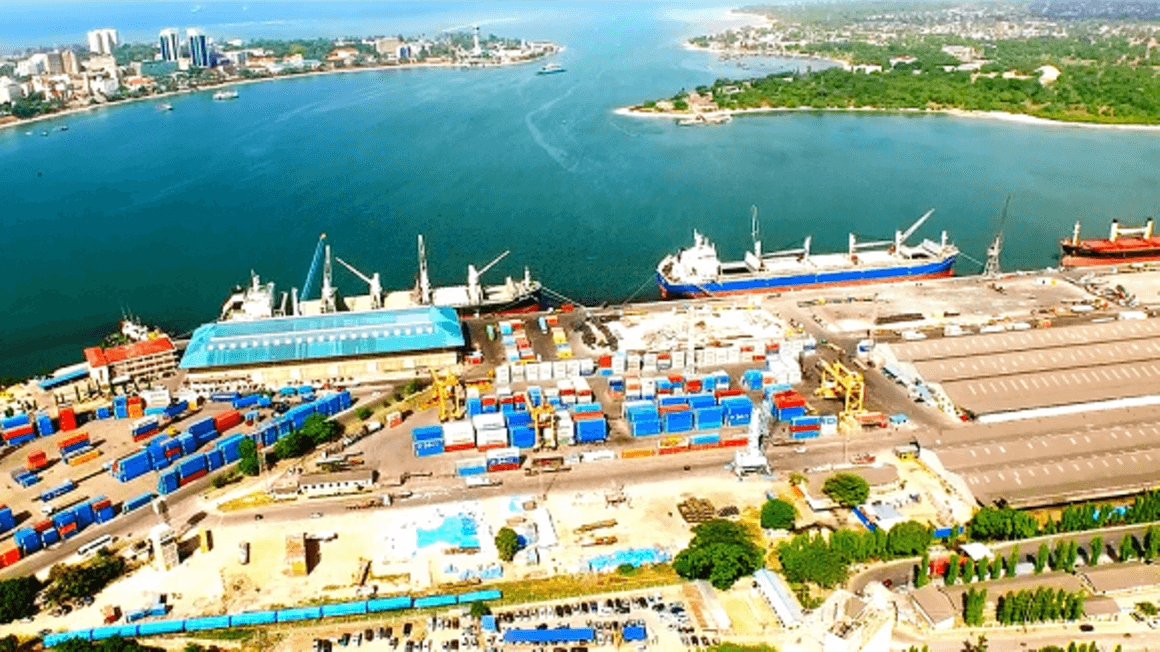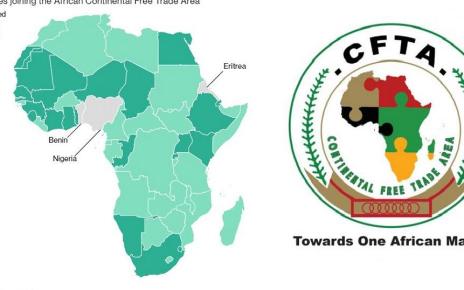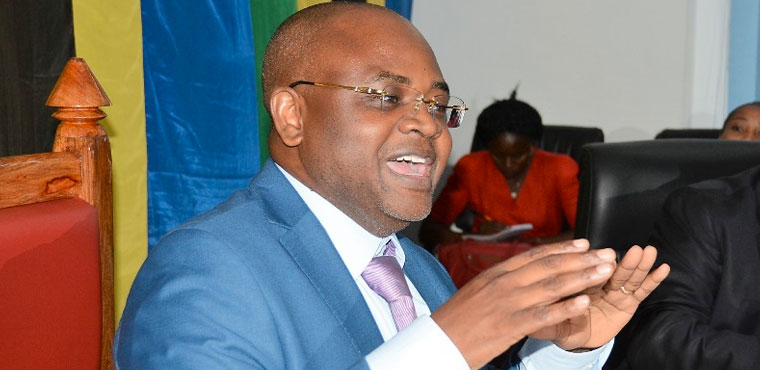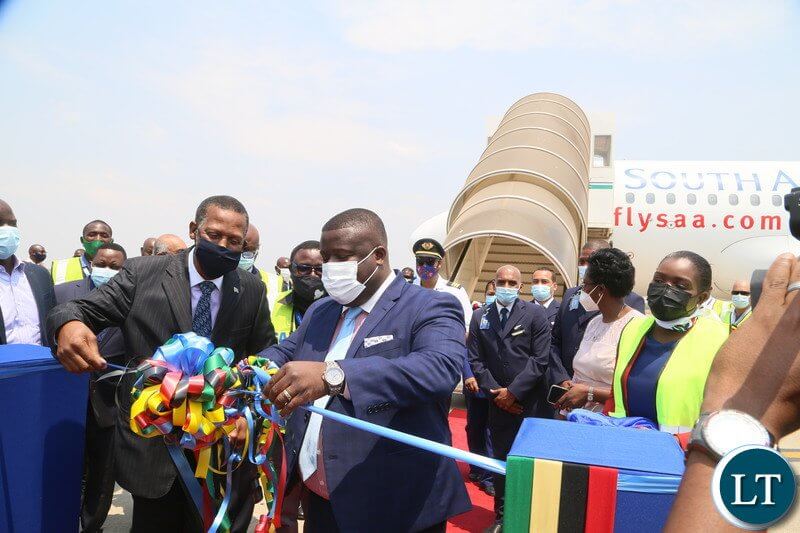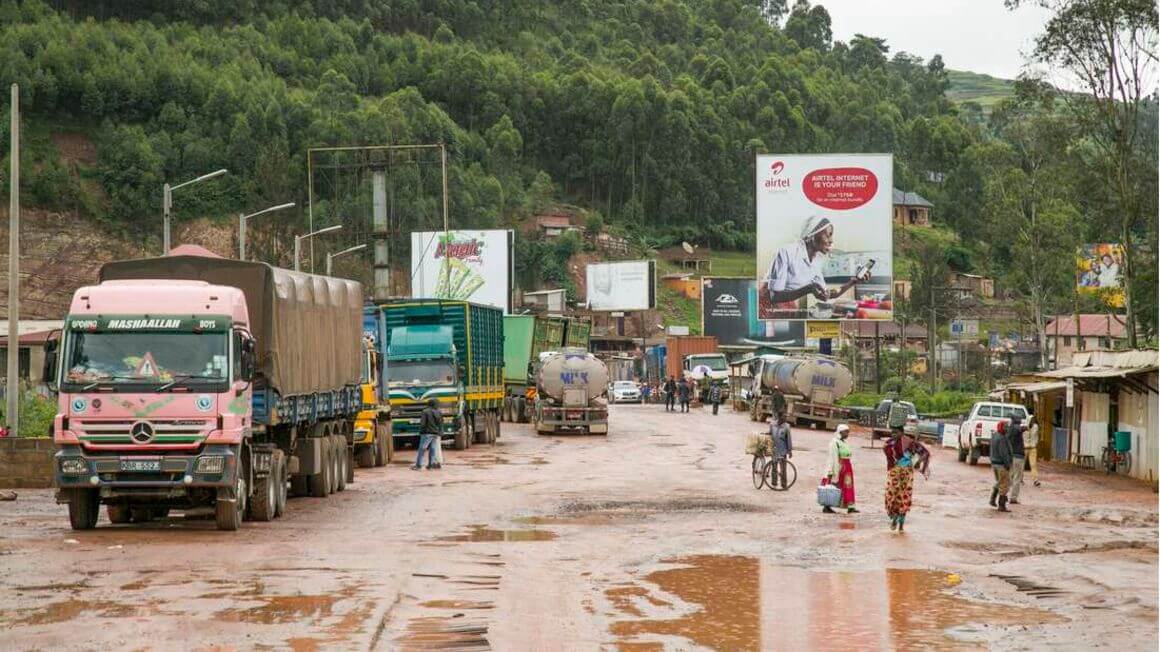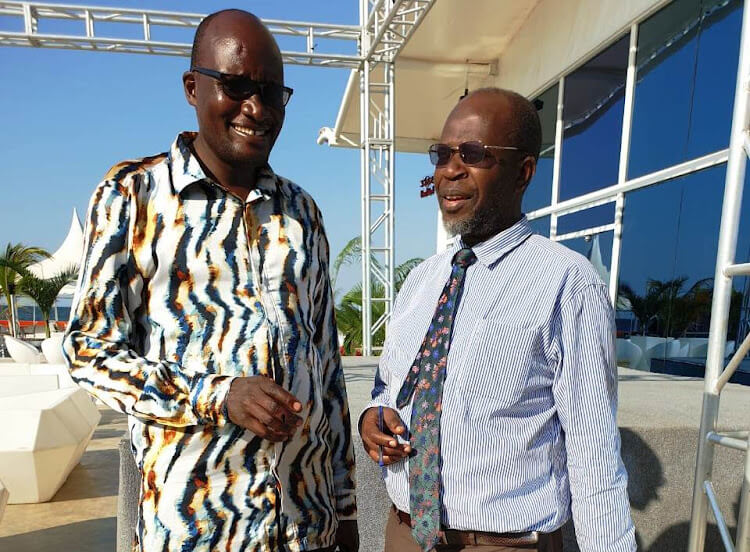Transporters of goods across the country have welcomed continued intervention by the government to subsidize fuel costs saying that it will go a long way to stabilize the cost of logistics and consequently cost of goods. Last week, the government, through the Rwanda Utilities and Regulatory Authority announced that diesel prices would remain unchanged at Rwf1054 per litre despite the global increase in prices. Petrol prices rose to Rwf1143 per litre from Rwf1,088. Without government intervention, prices of diesel and petrol would have risen by Rwf 110 and Rwf 80 respectively, to about Rwf1,134 and Rwf1,198. Transporters say that without the intervention, the increase in costs would have seen them revise their prices upwards which would have seen prices of goods consequently rise. Fabrice Mugwiza who operates trucks moving agricultural produce across the country said that an Rwf80 price increase in Diesel would have led them to adjust costs incurred by farmers which could have seen an increase in food prices. “Given that business is yet to fully pick up after disruption by Covid-19, most transport operations are quite price sensitive and any changes in fuel could see the costs transferred to clients,” Mugwiza said. Without the subsidy, the public transport prices would have also increased as the costs would have eaten into public transporters profits which have already been stretched thin by the measures to curb the pandemic. Kigali based public transport bus companies told The New Times that with most of them currently paying loans which they recently restructured, increase...
How Govt fuel subsidies are curbing inflation
Posted on: October 18, 2021
Posted on: October 18, 2021


